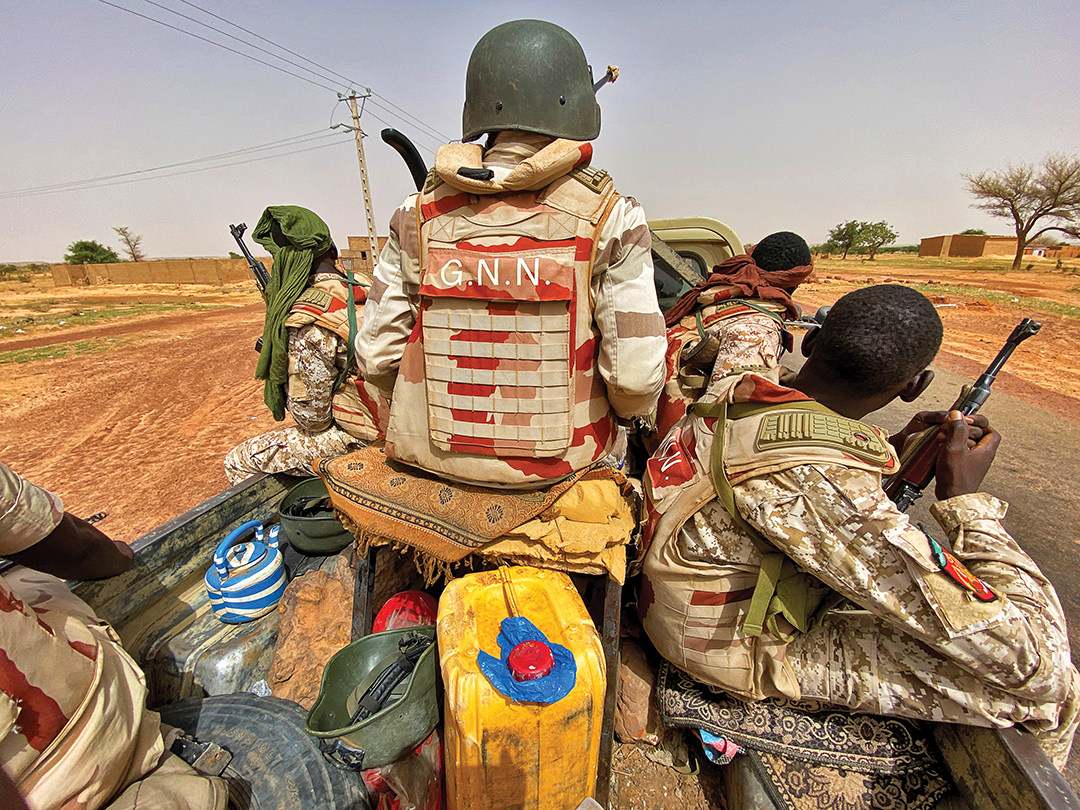There are no easy solutions to the decadelong security crisis in the Sahel.
Extremist groups that first planted their flags in Mali during the political upheaval of 2012 have spread to destabilize parts of Burkina Faso and Niger. Terrorist attacks and armed conflict killed more than 6,200 people in these three countries in 2020, making it the most violent year on record for the region.
The leaders of the Sahel-based extremist groups, most notably the Islamic State in the Greater Sahara and Jama’at Nusrat al-Islam wal-Muslimin, now are intent on moving south toward the coast and infiltrating countries such as Benin, Côte d’Ivoire, Ghana and Togo. The region’s security forces must unite to stop them.
The factors that led to this insecurity are varied and interconnected. Sahelian countries have some of the youngest populations in the world, and a lack of job opportunities leaves people vulnerable to extremist recruitment. Commodities such as water and pasture are limited in the Sahel. Disputes over these scarce natural resources often turn bloody, allowing terrorists to capitalize on the chaos. The region also has seen coups, uprisings and electoral violence in recent years. This political instability, combined with a lack of state presence in remote areas, leaves a security vacuum that extremist groups can fill.
National militaries and international security missions have sought to return stability to the region. The G5 Sahel Joint Force and France’s Operation Barkhane have recorded important gains, particularly in the tri-border region known as Liptako-Gourma, where terrorists have been driven out or neutralized. MINUSMA, the United Nations mission in Mali, has worked to protect civilians and lay groundwork for peace in a particularly challenging environment. Numerous bilateral and multilateral missions in the region have dismantled terrorist infrastructure.
But restoring peace to a 4-million-square-kilometer region is a tall order that requires more than just military force. Regional leaders have called for a “holistic approach” that includes economic development, deradicalization, alternative conflict resolution and political reform. Now, it’s up to the region’s political, military and civil-society leaders to unite behind the cause. After enduring so much violence, the people of the Sahel deserve a chance to experience peace. Extremism does not have historically deep roots in the Sahel. Its proud and peaceful people are ready to embrace a future without it.


Comments are closed.